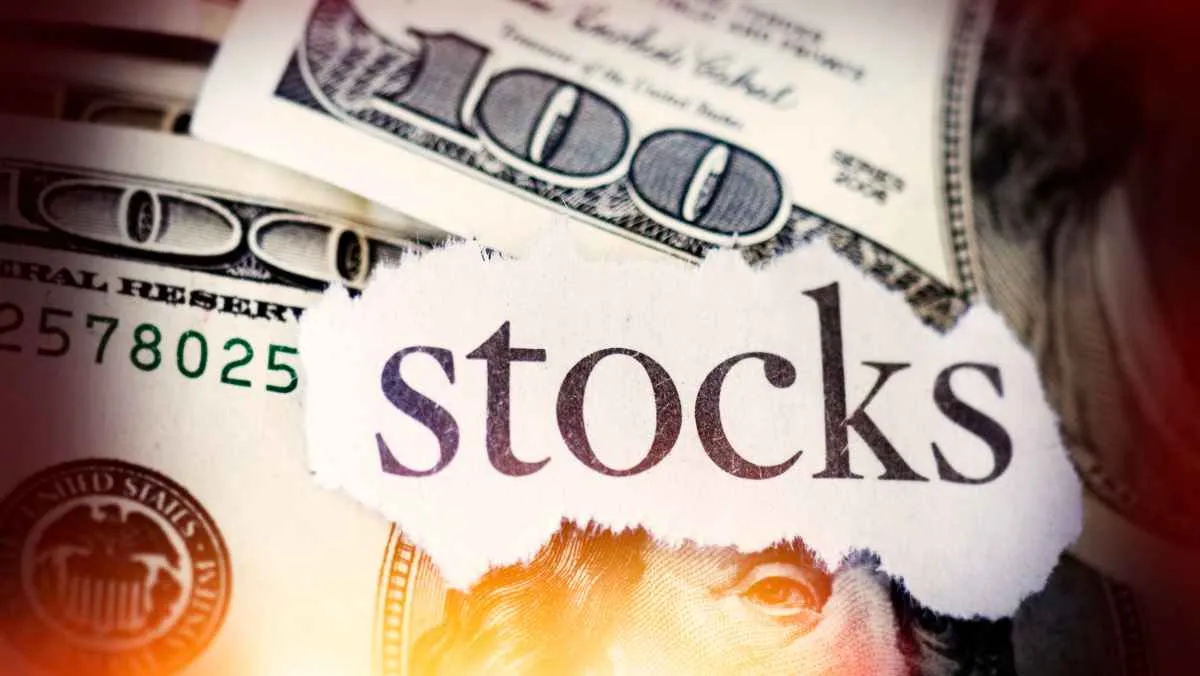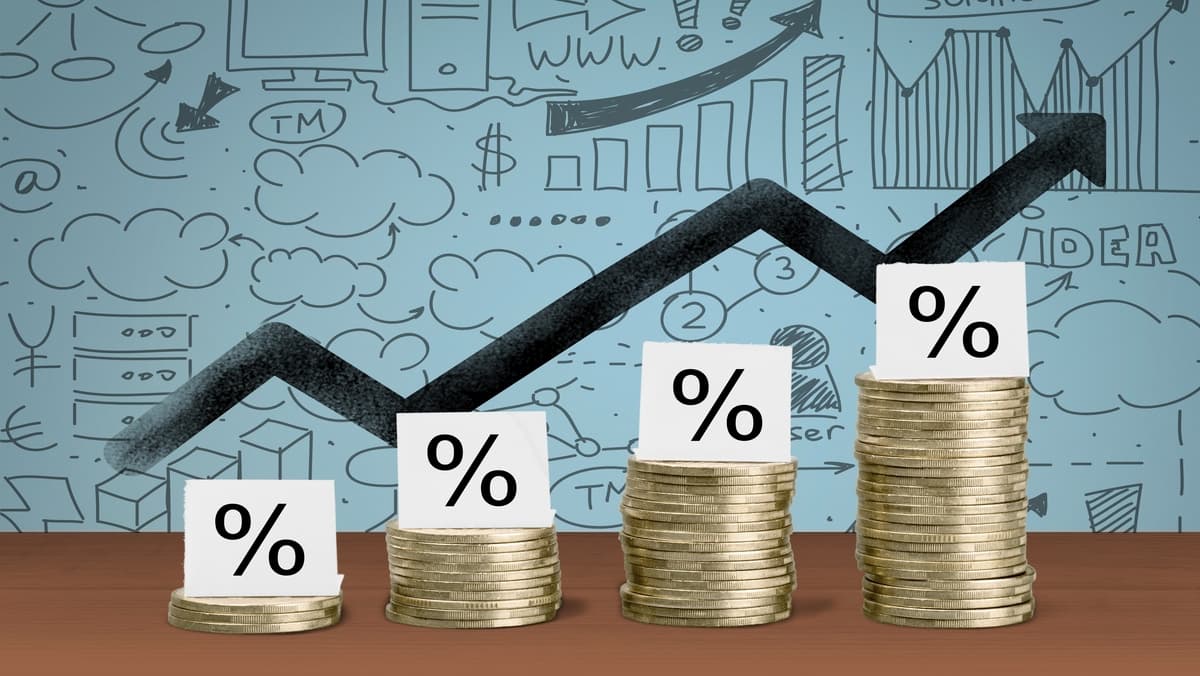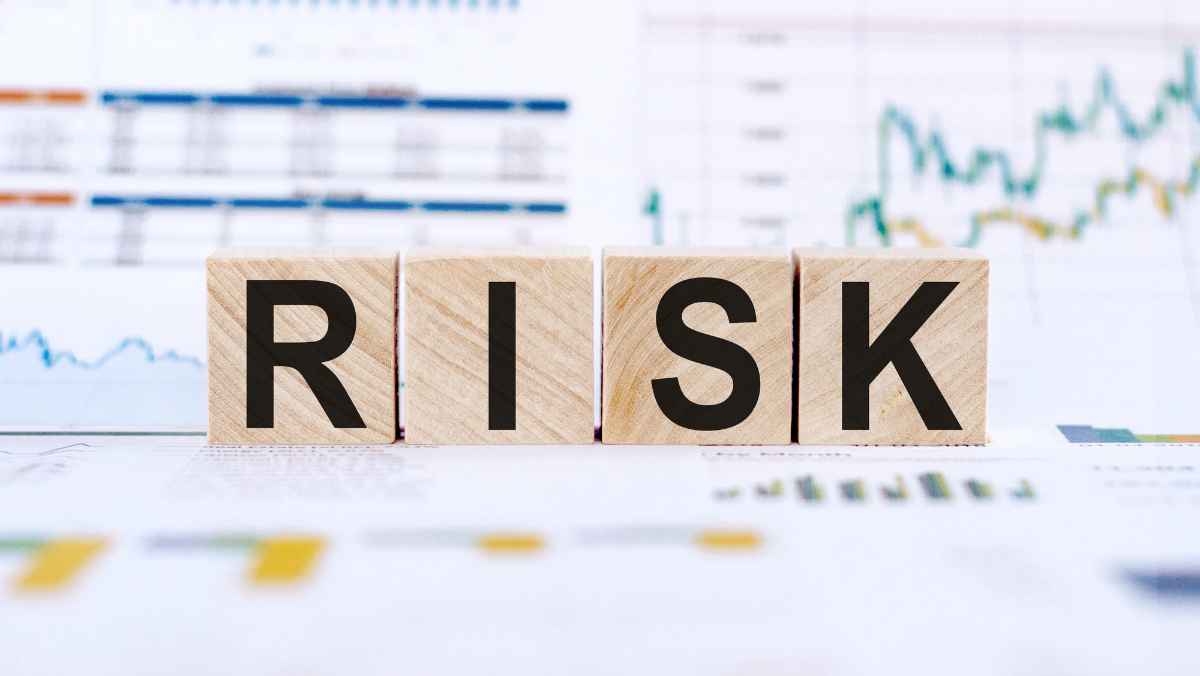Wednesday May 3 2023 10:13

7 min

How to buy and sell stocks, developing a solid stock trading strategy is essential for making informed decisions about when to buy and sell stocks.
Stocks, also called equities or shares, are small fractions of a publicly-traded company that can be bought or sold on stock exchanges. Stock exchanges are found all around the world, with the New York Stock Exchange (NYSE) probably being the most famous. Business is done in person here. Brokers place orders on behalf of their clients which are passed onto floor traders who then find other traders looking for the other half of the deal, i.e., a trader selling apple shares would need to find a trader looking to buy them. Other exchanges are done electronically. The NASDAQ, for example, is a computer-based stock exchange where trades are all done digitally.

Trading stocks is all tied in with a company or asset’s share price. You’re probably familiar with the old investor mantra: buy low and sell high. While it might seem a little cliché, that’s the principle that drives investing. It means buying when share prices are low and selling them when share prices are high. When a company is first listed on a stock exchange, it makes its initial public offering (IPO). The IPO price is the value of a single share at the time of the company’s first listing. After this, stock prices will begin to fluctuate. It’s important to note that company stock is always limited. There is always a finite number of shares available. A company can issue more shares, or buy back shares from investors, but the number of actual shares in circulation is always known. Share prices are affected by various different factors. When there are more buyers than sellers on the market, then there is a good chance there is high demand for that particular stock, and its price will rise. The opposite is true. If there are more sellers, then this indicates a decline in demand, so the price will fall.
Fluctuations in share prices are caused by:
Before you begin, it’s important to learn the difference between investing and share trading. The key differences are:
Investors buy shares outright. They hope that they will increase in price so they can be sold for a profit at a later date. That means they tend to hold onto shares for a long period of time, so they can attempt to profit from any changes in share price, and through any dividend payments they may be accorded as shareowners.
Trading
Trading stocks use derivative products like stock contracts for difference (CFDs) or spread bets. This means they take their value from the underlying market the asset is drawn from. Traders in this case do not own the shares. However, they can make a profit on the share price movement from rising or falling shares. As such, these trades take short to medium-term positions, instead of long ones.

Both investing and trading are inherently risky, but the risks associated with each activity differ.
When investing in stocks, your risk is limited to your initial outlay, i.e. the amount you paid for the stocks. For example, if you spent £1,000 buying shares, all you could ever lose would be £1,000, even accounting for share price movements.
Trading, however, is done with leveraged products (CFDs, spread bets). Leveraged products allow traders to open positions by placing down a percentage of the asset they wish to trade’s initial value. That can help maximise profits – but it can also mean you make significant losses if your trade moves against you.
Negative balance protection is offered by Markets.com at no extra cost, so if your balance does move into the negative, it will be bought back up to zero. However, be warned, you can lose money if trades move in the opposite direction when using leveraged products.
When considering shares, indices, forex (foreign exchange) and commodities for trading and price predictions, remember that trading CFDs involves a significant degree of risk and could result in capital loss.
Past performance is not indicative of any future results. This information is provided for informative purposes only and should not be construed to be investment advice.